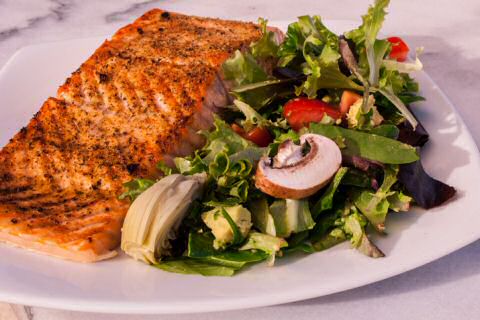Guaranteed! 5 tips how to make sure that you will be enjoying a delicious pumpkin soup in 30 minutes from now. Click here to be sure your will enjoy a tasty bowl of freshly made soup.
This recipe works also perfectly for people using a soup maker. However read our tips to make sure anybody with a cooking pot can make soup in 30 minutes or less.
 …
…

Leave a Reply